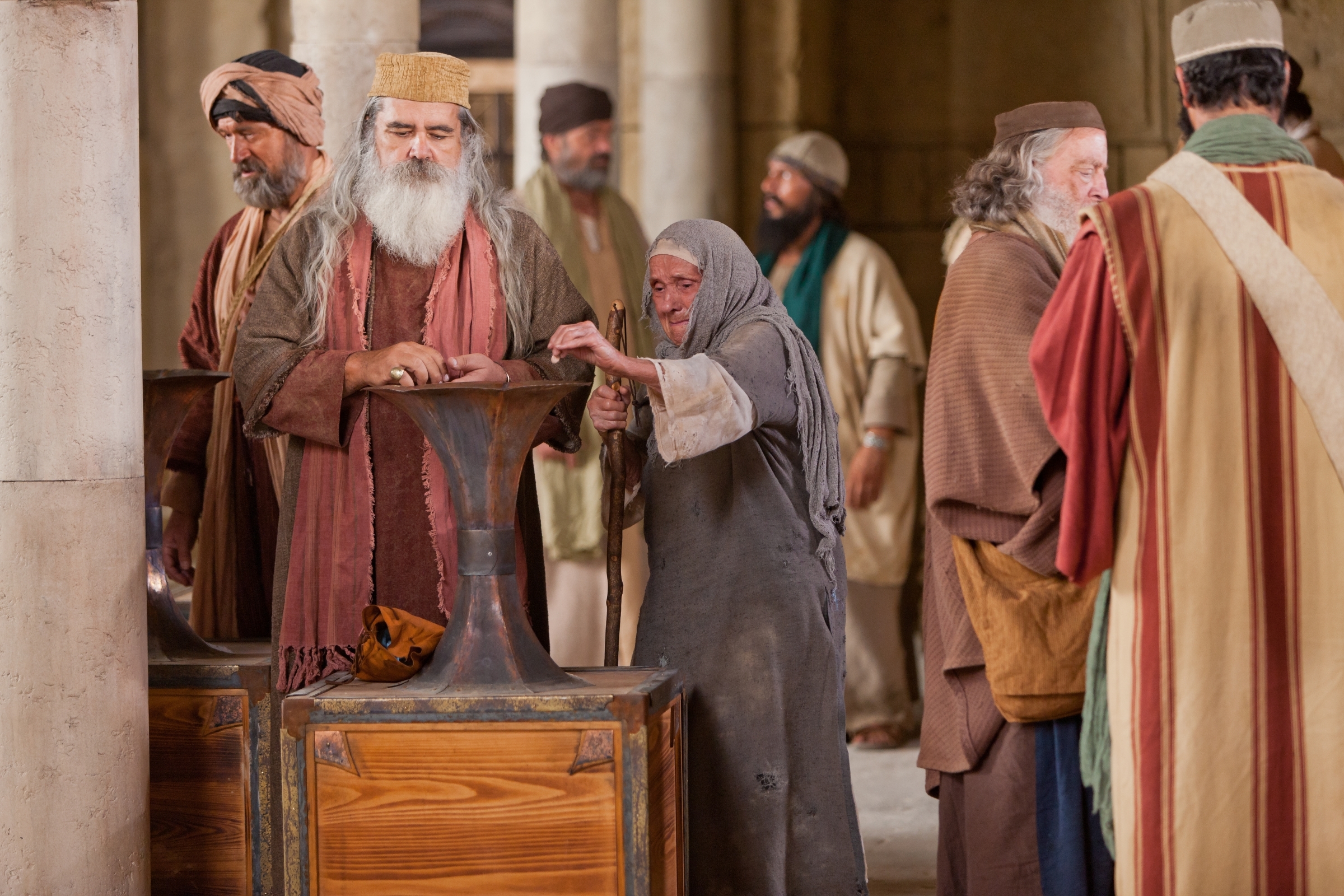Brent Pollard
Learning Love in a World That Forgot Its Meaning
Kyoto Animation released an animated series about an orphan who becomes a weapon of war in a fictional world resembling early twentieth-century Europe. The orphan’s name was Violet Evergarden. During her time in the war, her last handler, Major Gilbert Bougainvillea, couldn’t see her as just a weapon. In their final campaign together, he was gravely injured, and Violet herself was severely hurt. Major Bougainvillea’s last words to Violet were words she could not understand: “I love you.”
When Violet wakes up, she is recovering from her injuries, unaware of the Major’s whereabouts. Claudia Hodgins, Gilbert’s friend, keeps his promise to care for Violet. Hodgins runs the C.H. Postal Company, an amanuensis service where women called Auto Memory Dolls type letters for a largely illiterate population. He offers Violet a job, which she accepts mainly to understand Bougainvillea’s final words. As she interacts with clients, Violet gradually uncovers the true meaning of that mysterious word “love.”
Love That Transcends Death
Of her clients, the one most closely imitating biblical love was Clara Magnolia. Clara was terminally ill and knew she would not live to see her daughter, Anne, grow up. Despite her pain and limited time, her primary focus was ensuring her daughter would feel loved and guided throughout her life, long after she was gone. Clara spent her final days dictating fifty letters to Violet—one for each of Anne’s birthdays for the next half-century.
This required immense effort and time away from the little she had left with her daughter. Her love was not merely a feeling but a tangible plan of action that transcended death. She arranged for annual delivery, providing enduring comfort and a constant reminder of her presence. Her goal was solely Anne’s well-being and emotional security, giving her the strength to move forward despite the loss. Violet herself was profoundly moved, crying for the first time as she processed the depth of a mother’s love.
Here was love in its purest form—not sentiment, but sacrifice. Not words alone, but action that costs something. The mother’s letters became a testament to love’s refusal to be conquered by death itself.
Why Love Must Be Commanded
Violet Evergarden’s unfamiliarity with love might seem extreme to us. Yet this is understandable, given her background—an orphan raised without nurturing, trained from childhood to fight her country’s enemies. Major Bougainvillea was the only person who ever showed her kindness. Consequently, the phrase “I love you” would seem foreign to her. If someone had asked her to love at that moment, it would have felt more like a command than a natural feeling.
And here lies a profound truth: Christ’s love is commanded precisely because it does not come naturally to us.
The New Commandment That Wasn’t Exactly New
Have you ever wondered why Jesus called His command to love a “new commandment” or why such a command was even needed? (John 13:34). Moses’ Law instructed people to love their neighbors as themselves (Leviticus 19:18). But by Jesus’ time, legalists had distorted this idea so much that they only required love for a specific group they chose.
To correct this misconception, Jesus told the parable of the Good Samaritan (Luke 10:25-37). In the story, a member of a hated ethnic group is depicted as the neighbor. Unlike the priest and Levite, this Samaritan demonstrated compassion toward a stranger. As Jesus describes him, this Samaritan was ready to set aside his own self-interest to love another (see Philippians 2:3-8).
The newness of Jesus’ command lay not in its novelty but in its radical scope and depth. God, in His sovereignty, ordained that His people would be marked not by external rituals but by sacrificial love—the very nature of His own character made visible in human relationships.
The Washing of Feet and the Death of Self
In the context of Jesus’ command to demonstrate this “new love,” He humbled Himself by kneeling to wash His disciples’ feet (John 13:4ff). As no one was there to fulfill the role of hospitality, Jesus took on that servant role Himself. By doing so, He set aside His position as “Lord and Master” (John 13:14 KJV). Jesus also assumed this role to correct the disciples’ misunderstanding about who was the greatest among them (see Luke 22:24).
He did this because, as Paul later explained, this love “does not seek its own benefit” (1 Corinthians 13:5 NASB). Such is this self-sacrificial love that it enabled Jesus to demonstrate it fully by laying down His life for others (John 15:13).
Consider the basin and towel. In that moment, the infinite became the servant of the finite. The God who spoke galaxies into existence knelt to wash the dust from human feet. This was no mere object lesson but the revelation of what love actually is: the voluntary descent of the greater to serve the lesser, the strong making themselves weak for the sake of the weak.
Learning to Love the Unlovable
The reason Jesus had to command this love is that it doesn’t come naturally to us. We often see love as reciprocal—if you love me, I will love you back. Jesus understood this mindset, so He taught that we should love our enemies and pray for those who persecute us (Matthew 5:43-44).
He also demonstrated this love personally. As the Romans crucified Him, Jesus asked for forgiveness for those who had clamored for His death: “Father, forgive them; for they know not what they do” (Luke 23:34 KJV). Although such love can be challenging to learn, it is possible to learn. The first Christian martyr, Stephen, exemplified this love when he prayed for his killers: “Lord, do not hold this sin against them!” (Acts 7:60 NASB95).
The Mark That Cannot Be Counterfeited
Jesus continues in John 13:35: “By this all men will know that you are My disciples, if you have love for one another” (NASB95). There is no doubt that the lack of unity in messaging among those calling themselves Christian discourages the world from accepting Christ. But perhaps more damaging than this confusion is the failure of God’s people to demonstrate the new love of Jesus Christ.
In a world full of people like the fictional Violet Evergarden—who fail to understand the meaning of love—Christians are supposed to be known for showing true love. They are called to love one another unconditionally, just as Christ loved them. This kind of love is sacrificial, forgiving, and selfless—traits that are counter-cultural and truly distinguish Christians.
Someone once observed that the church’s greatest testimony is not her doctrine, though doctrine matters immensely, but her life. When believers love with the love of Christ, they create a spiritual reality that cannot be explained away by skeptics or replicated by the world. This love is not sentiment but substance—not the shadow of affection but the solid thing itself, rooted in the eternal nature of God.
A Love That Transforms the World
By demonstrating this love through their actions and relationships, believers have the opportunity to genuinely reflect the character of Christ to a hurting and broken world. It is through this love that hearts can be changed and lives can be eternally transformed, drawing others to the hope and redemption found in Jesus.
Like Clara Magnolia, writing letters that would outlive her, Christians are called to practice a love that transcends the immediate, serving not for reward but because Christ first loved us. Like the Samaritan who stopped when others passed by, we must demonstrate compassion that costs us something. Like Stephen facing his executioners, we must learn to forgive even when forgiveness seems impossible.
This is not natural. This is not easy. But this is the call. And in God’s sovereign design, it is precisely this impossible love—commanded, learned, and practiced—that becomes the most powerful witness to His reality. For when the world sees Christians loving as Christ loved, they encounter not merely human kindness but divine character made visible in human form.
The question Violet Evergarden spent a series discovering remains before us: What does love truly mean? The answer lies not in understanding alone but in obedience—the daily choice to love as we have been loved, to serve as we have been served, to forgive as we have been forgiven.














